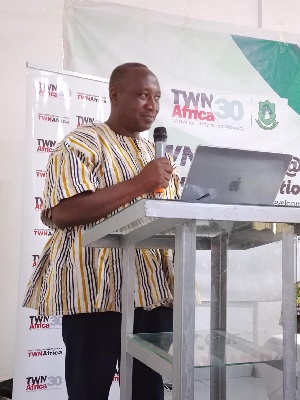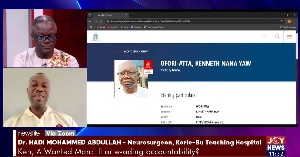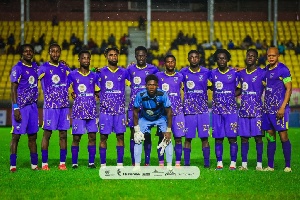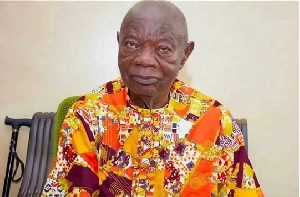Business News of Monday, 26 May 2025
Source: www.ghanawebbers.com
UDS faculty holds lecture on extractives and economic transformation
Professor Jasper Abembia Ayelazuno, the faculty dean, stressed the need for a strong national policy. This policy should regulate the extractive sector and ensure local refining of raw materials. It must also consider the welfare of affected communities.
He expressed concern about environmental damage from unchecked mining practices. He called for a state of emergency to protect Ghana’s food security and natural heritage.
“Our forests are being destroyed,” he said. “Women in mining communities can no longer gather snails, shea nuts, or firewood.” These resources are vital for their daily needs and income. Men also lament the loss of ancestral lands.
Professor Ayelazuno criticized exporting unrefined minerals as “exporting dirty gold.” He argued this practice does not contribute to national development. “Ghana must add value locally to its resources,” he asserted.
Mr. Francis Yenbila, a community leader from Nabdam's Mining Watch Group, highlighted weak enforcement of mining regulations. He noted this has led to destruction of smallholder farms in his area.
Pauline Vande-Pallen, a Programmes Officer at TWN-Africa, emphasized Ghana's capacity to manage its resources effectively. However, she pointed out that systemic failures in enforcement hinder progress.
“If laws were enforced properly, many issues would not occur,” she said. She stressed the importance of hearing community voices during the extractive process.
The lecture aimed to raise awareness among students and staff about better harnessing extractive resources for national development. “Communities face direct consequences from extraction,” she noted. National discussions must take their concerns seriously.
Participants engaged in lively discussions on economic development through extractives. They emphasized local refining and placing communities at the center of policy-making. The event concluded with calls for inclusive and sustainable natural resource governance in Ghana.











